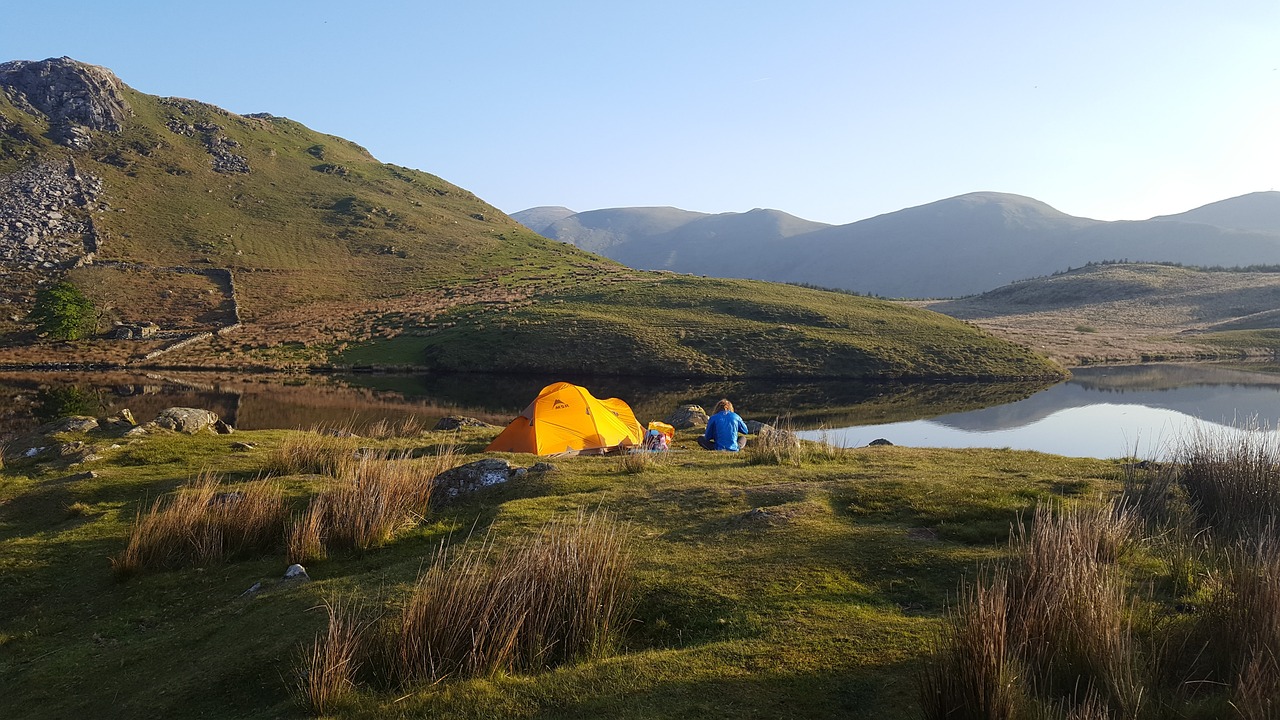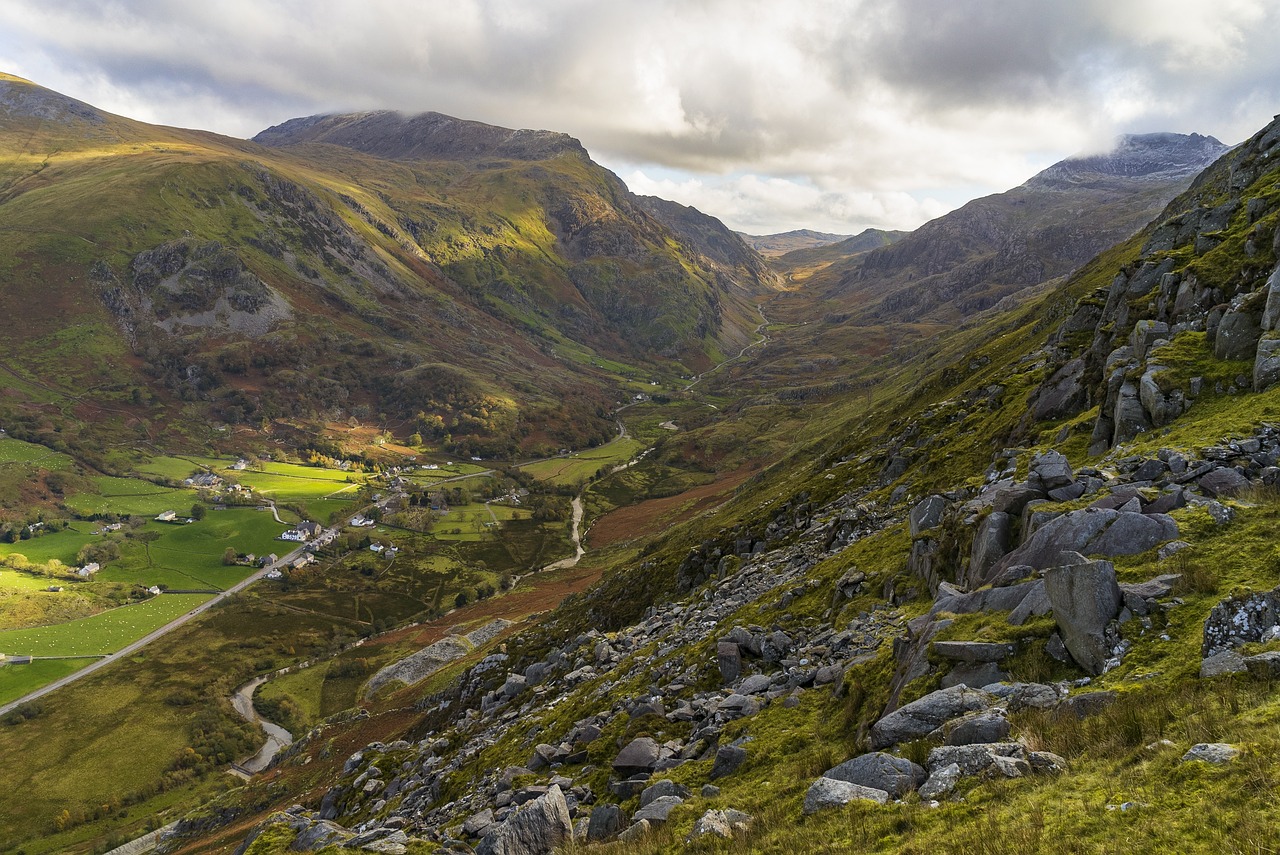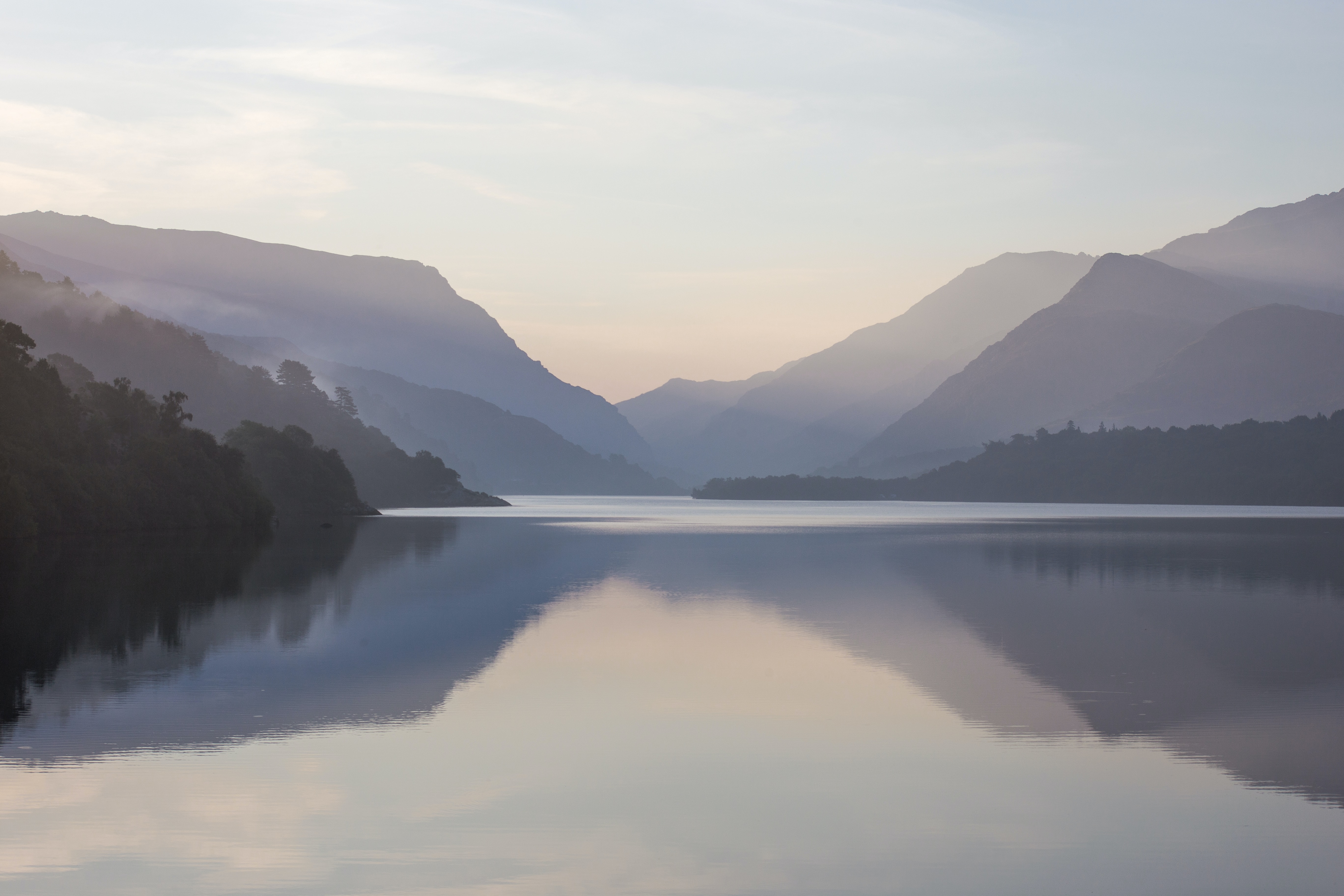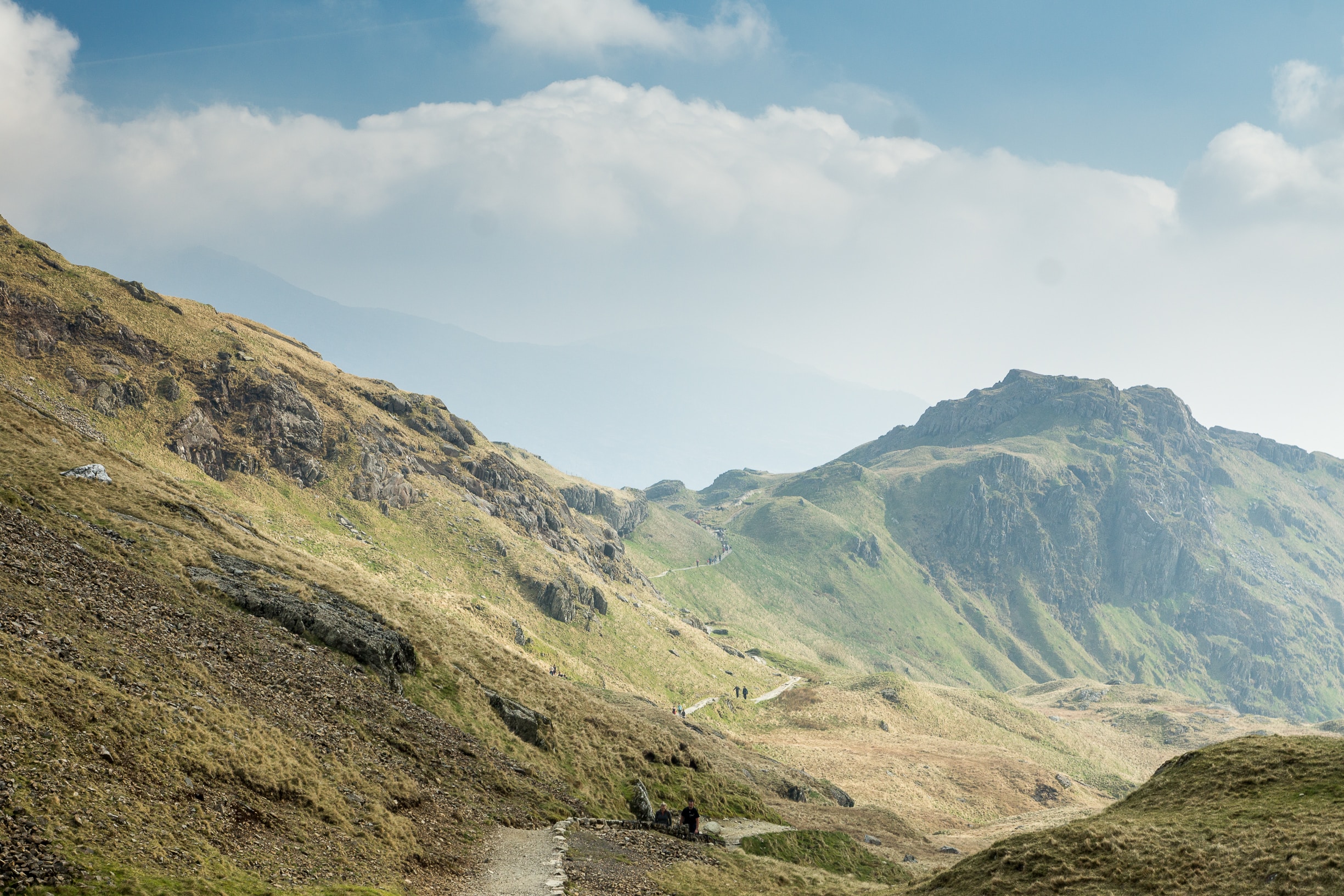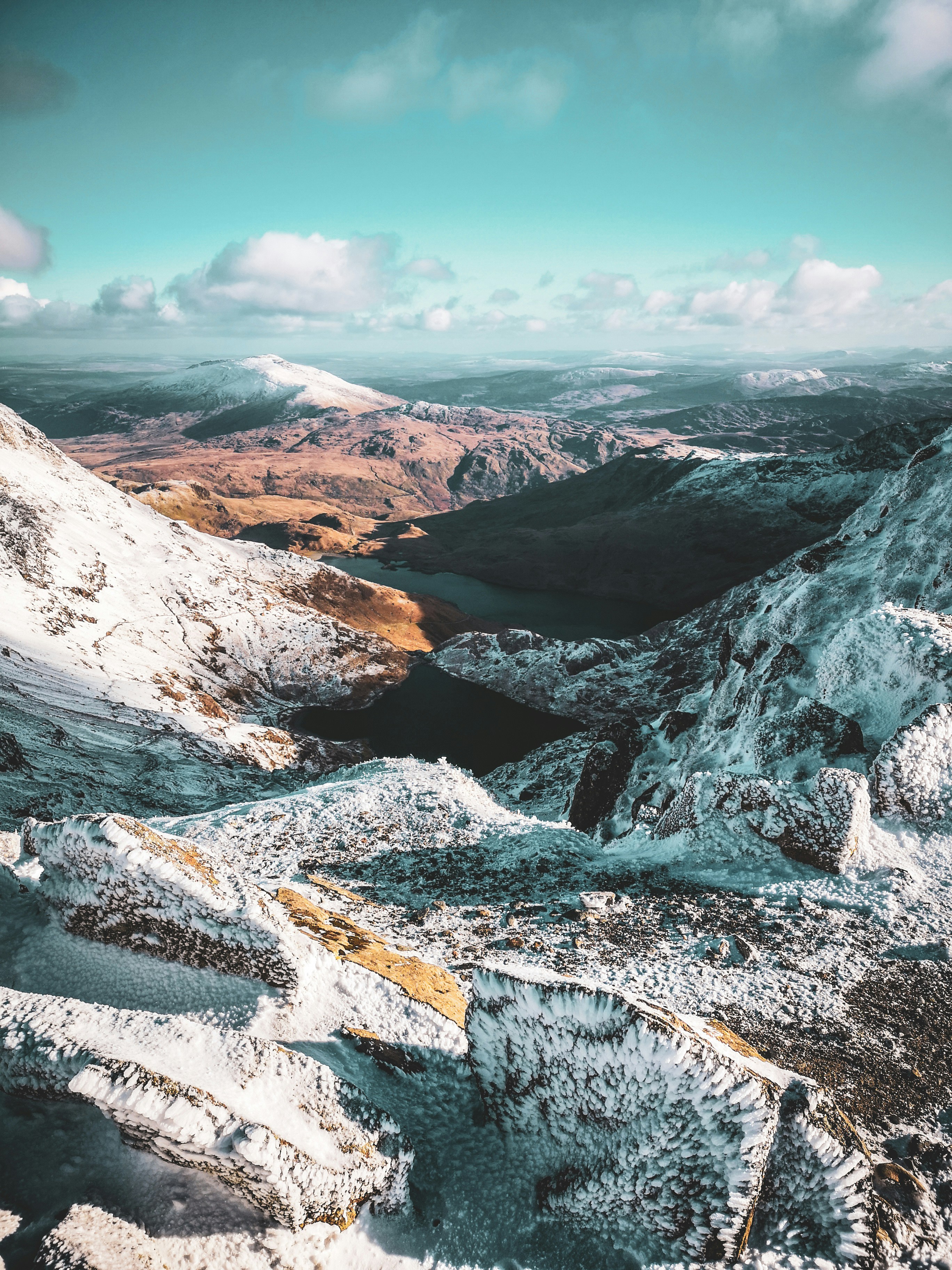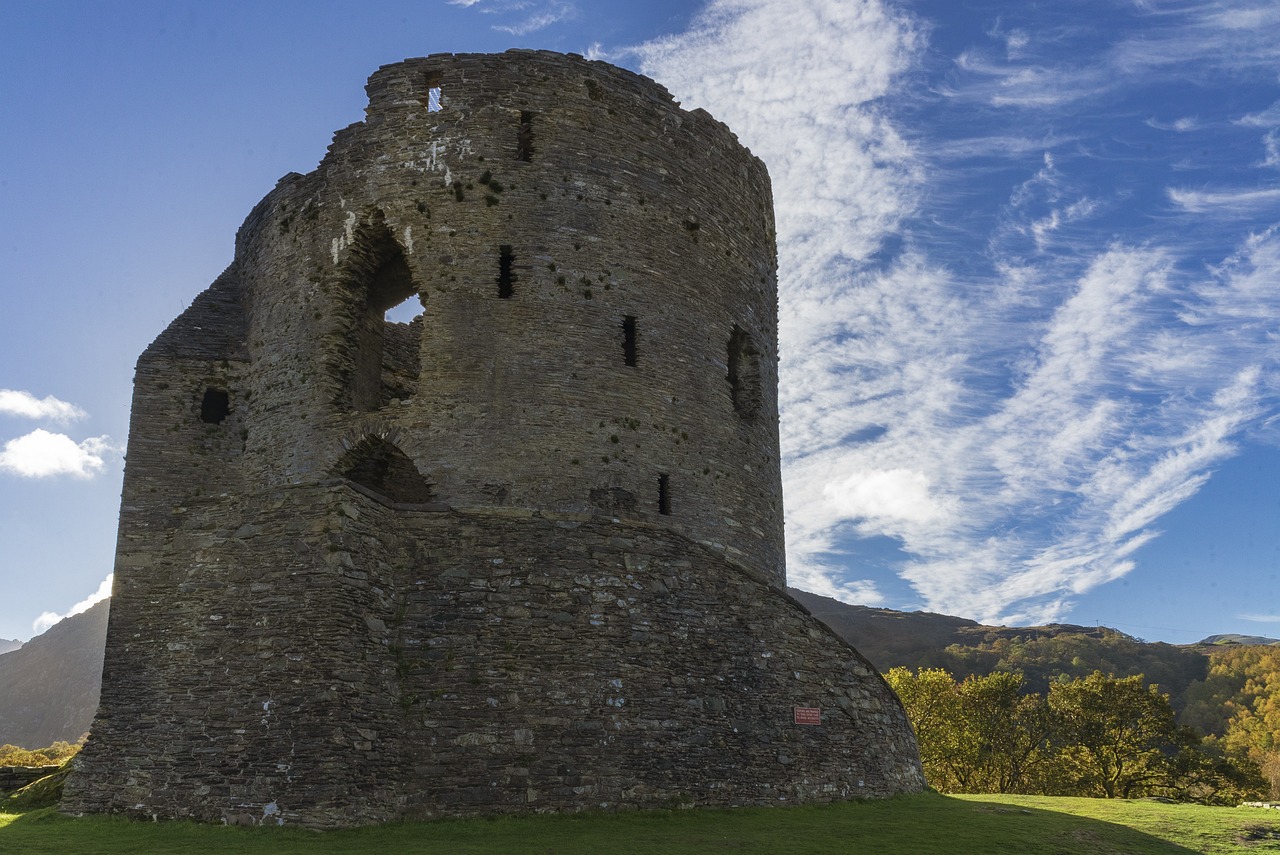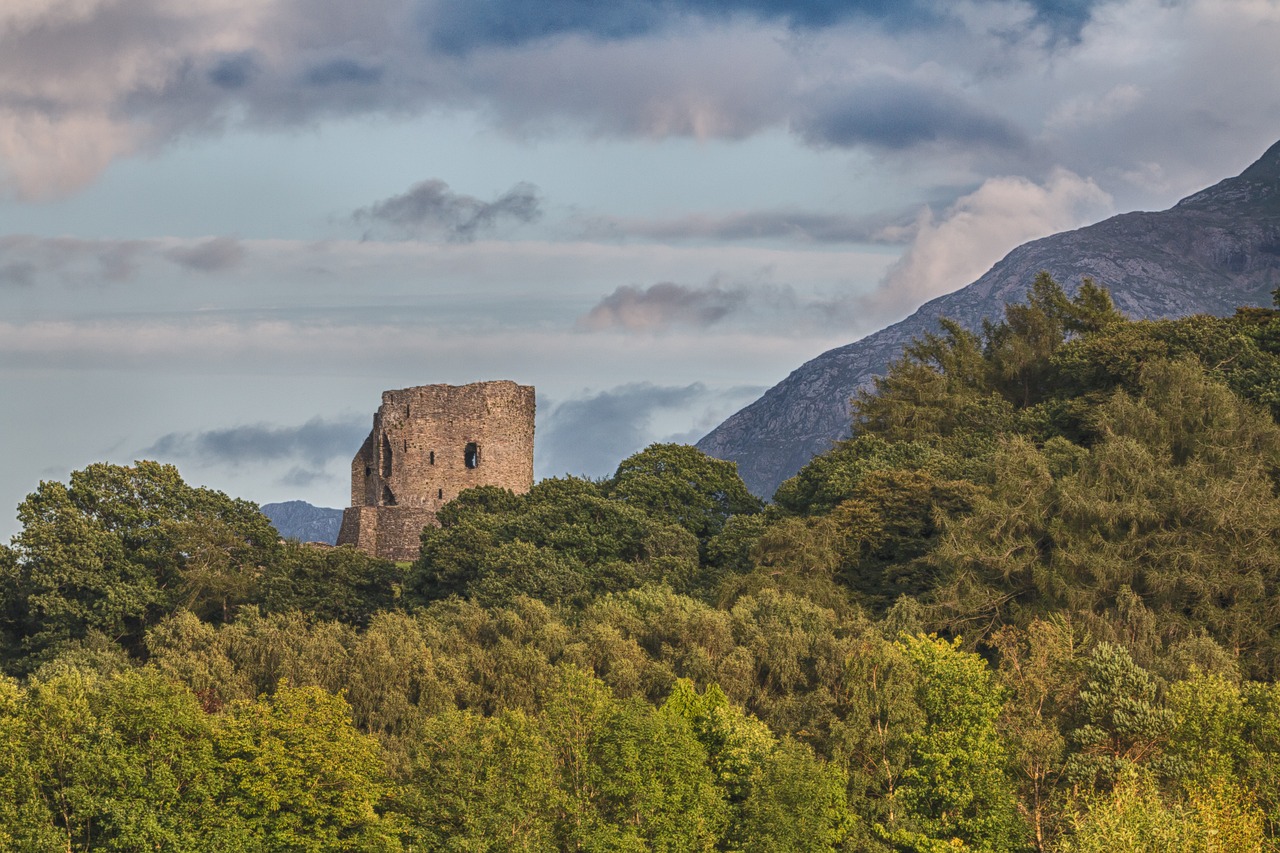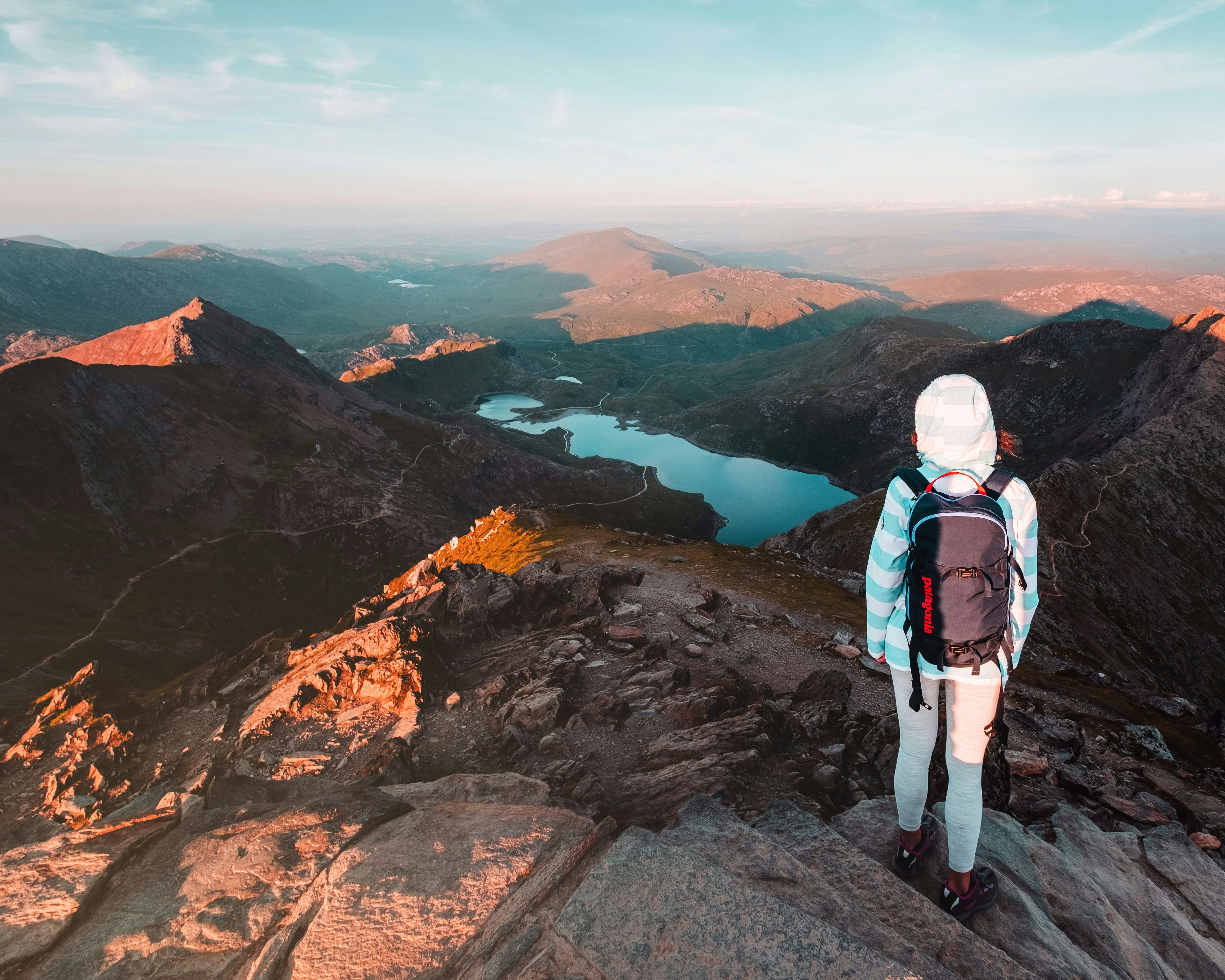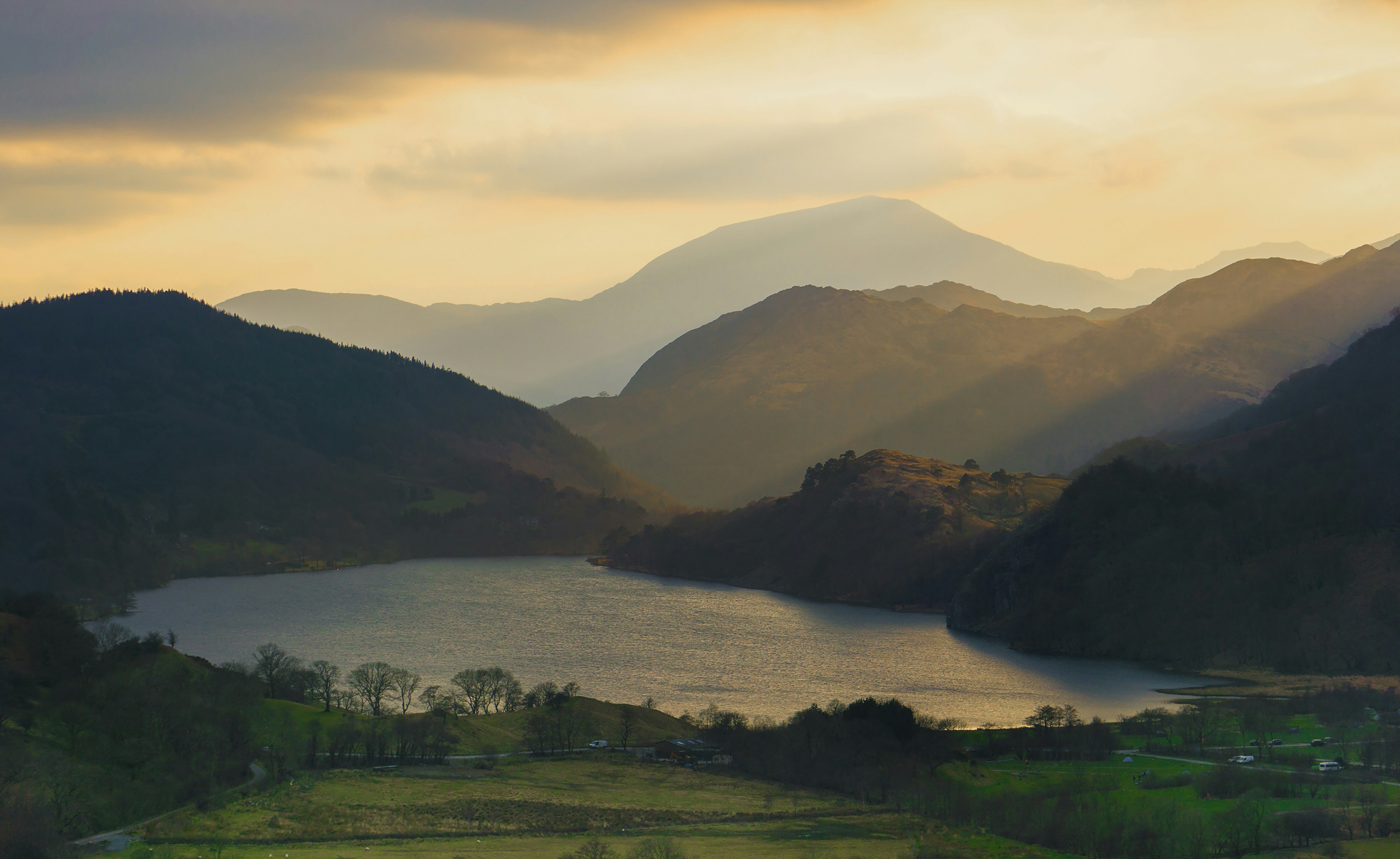Camping Options in Snowdonia
Snowdonia National Park is located in northwest Wales and is famed for its rugged mountains, valleys, rivers and lakes. Over 250,000 people camp in Snowdonia each year to experience the incredible natural scenery and adventure opportunities. From wild and remote mountain camps to comfortable glamping pods with luxurious amenities, Snowdonia camping options cater to all styles and budgets.
Wild Camping
Snowdonia wild camping allows intrepid adventurers to access remote areas in nature. With no facilities or services, you carry everything in and out. Seek open sites avoiding farmland and property. Camp high enough to avoid flood zones but below mountain ridges. Note some areas prohibit overnight stops. Follow strict Leave No Trace ethics: dig no trenches, remove all waste, and guard against fire risks. Prepare properly for rapidly changing mountain weather with navigation aids, emergency beacons, first aid and survival equipment. Select durable, wind/water-proof tents anchoring firmly on uneven terrain. Insulated sleeping systems guard against plummeting night temperatures. Lightweight stoves are efficient for quick, hot meals with careful fuel calculations. Stay alert for wandering livestock. Depart by midday leaving no footprint behind. This self-reliant style develops resilience and resourcefulness for seasoned wild campers.
Eco Campsites
Eco campsites offer basic amenities with fewer guests for tranquillity. They feature permanent toilet/shower blocks, recycling systems and on-site water access, minimising environmental impacts. Safari tents, yurts or wooden eco pods provide elemental shelter and comfort blending sustainability with back-to-nature simplicity. Many sites use solar/wind power, harvest rainwater and follow eco-friendly practices around waste, cleaning products and traffic. Instead of regimented rows, tents and pods dot rolling meadows or hide between trees offering privacy and views. Campfires may be allowed following safe practices. Farm shop offerings and breakfast hampers allow self-catering from quality local fare. Snowdonia camping sites suit families seeking space for free play and connecting with nature’s rhythms. Most remain open year-round with few distractions beyond on-site books/games.
Holiday Parks
Holiday parks in Snowdonia cater to all generations with extensive facilities for carefree family trips. Snowdonia camping fields host touring pitches for tents, trailer tents and campervans with electric/water hookups. Glamping options add climate control, solid floors and home comforts to canvas structures. Lodges and cottages are also available for hire. Kids enjoy elaborate play zones with trampolines, swings and games whilst adults unwind in saunas or hot tubs. Family bathrooms offer hot showers and laundry areas. On-site restaurants whip up no-fuss meals as clubs host nightly entertainment from live bands to quizzes, and kids' discos to craft sessions. Stocked lakes allow fishing with permits and warden-led walks stave off restlessness. Snowdonia holiday parks buzz constantly with structured fun for active breaks. Some parks open March through October while others now offer year-round holiday options.
Exploring Snowdonia's Natural Beauty and Wilderness
Snowdonia National Park spans over 800 square miles showcasing captivating peaks, valleys, rivers, waterfalls and woodlands ripe for exploration. The Park Authority protects local wildlife and habitats across marine, coastal, lowland, upland and mountainous zones. Hardy mountaineers scale the 1000-metre summit peaks including iconic Mount Snowdon, smaller but equally challenging peaks of the Gylchedd, Moelwynion and Carneddau mountain ranges, remote outcrops like Cadair Idris, and magnificent Glyder Fawr famous for rock climbers.
Twitchers pursue rare species including peregrine falcons, red kites and black grouse in rugged Snowdonia terrain. Thrill seekers conquer rapids along the Mawddach, Tryweryn, and Conwy rivers or tackle epic zip lines soaring above vast slate caverns. Hikers enjoy panoramic views from knife-edge arêtes, discover relic hill forts and refuel at mountain bothies before tackling the next torrid peak. Those favouring less extreme pursuits amble past tumbling waterfalls including Swallow Falls before rowing traditional coracles on Tal-y-llyn Lake or strolling through forests turned vibrant autumnal hues each fall. With rugged and often remote landscapes carved over millennia, Snowdonia National Park offers discovery and adventure for every traveller whether summiting peaks, admiring plunging valleys, tackling white water rapids, strolling tranquil trails or connecting with abundant wildlife. Its magnificent terrains reward intrepid explorers with constantly changing vistas and encounters to stir the senses.
Discovering Snowdonia's Captivating History and Traditions
Beyond spectacular landscapes, Snowdonia resonates with rich history and cultural traditions interwoven through atmospheric towns, villages and landmarks across the park. Key aspects to discover include:
Historic Castles and Fortifications
Over two thousand years of conflict and conquest have shaped Snowdonia’s history. From Iron Age hill forts guarding tribal lands to imposing medieval castles securing vital strategic mountain passes, these formidable fortifications chronicle waves of Roman, Norse and Norman invasions and retreating Welsh princes. Atmospheric ruined castles like Dolbadarn, Dolwyddelan and Bere dot dramatic cliff tops and scenic lakes high in Snowdonia’s interior, whilst remarkably preserved UNESCO World Heritage strongholds including Caernarfon, Conwy, Criccieth and Harlech still loom against the coastline.
Dating from 1283, Caernarfon’s epic scale symbolised King Edward I’s iron grip over North Wales with immense curtain walls, polygonal towers, a towering Eagle Gatehouse and a vast King’s Gate still overawing visitors today. Guided tours reveal banqueting halls, royal chambers and garrison routes through secret wall passages. Neighbouring Conwy Castle still guards the vital Conwy River crossing point. Both castles feature intricately carved windows, fireplaces, private chapels and decorative turrets that richly evoke their medieval pasts alongside more sobering dungeons and torture chambers attesting to their bloody histories quelling Welsh resistance.
The Slate Legacy
The vast slate mines and quarries underlying Blaenau Ffestiniog and neighbouring villages dominated the Snowdonia economy and community livelihoods for over 300 years. Generations of quarrymen produced high-quality slate roofing and cladding while the Ffestiniog Railway and connecting narrow gauge lines transported finished slate to coastal ports. Blaenau’s quarrying legacy shapes the town’s architecture from sturdy worker’s terraces to towering chapels as well as its language and culture rooted in the quarrying industry.
As traditional slate markets declined post-war, many mines and quarries closed but Snowdonia’s National Park Authority developed atmospheric sites for tourism. Llechwedd Slate Caverns offers fascinating underground tours through dramatically lit twisting passageways and vast cavernous chambers. Visitors witness traditional quarrying machinery and methods alongside hearing personal stories from ex-quarrymen guides. At the surreal slate wonderland King Arthur’s Labyrinth, laser shows, audio-visual displays and mythical themes in the vast caverns aim squarely at family audiences. Both sites now draw over 300,000 annual visitors. The Ffestiniog and Welsh Highland Railways also transport tourists through Snowdonia’s unique slate heartlands with stations perfectly preserved in Victorian splendour.
Charming Villages and Market Towns
Scattered amongst Snowdonia’s peaks, plunging valleys and glittering lakes, picturesque villages and market towns prove perfect bases for exploring the National Park’s diverse beauty and heritage. With Victoria guesthouses, independent shops, galleries and cafes, Betws-y-Coed makes an idyllic homestead for adventurers setting out to conquer rugged trails. Quaint pubs compensate weary legs after tackling downhill mountain bike tracks or peak summits, while riverside picnic spots and verdant Gwydyr Forest offer tranquillity. Coastal Criccieth and Porthmadog contain delightful beaches between the mountains and sea. Porthmadog stands amidst the historic Ffestiniog and Welsh Highland Railway termini whose lovingly restored Victorian stations transport visitors throughout this renowned scenic rail network.
Set around the Mawddach estuary, charming villages like Penmaenpool, Dolgellau and Fairbourne promise walks, watersports and wonderful sunsets over shimmering sands. Market town Dolgellau hosts mountain bike trails and is famed for its world-class mountain biking. The scenic Bala Lake area delivers heart-pumping activities like white water rafting and canyoning alongside traditional Welsh language, music and crafts in its bustling namesake market town famed for its monstrous tapestry quilts and blankets. Throughout Gwynedd County, weekly farmers' markets and agricultural shows celebrate rural traditions and contemporary Welsh culture through artisan produce, textiles, crafts and culinary fare.
The Allure of Wild Camping in Snowdonia
Wild camping allows adventure purists to immerse themselves fully in Snowdonia’s breathtaking natural realms. Without designated boundaries or marked trails, explorers rely entirely on maps, compasses and survival skills to remain safe. Selecting remote sites away from roads or property demands careful planning accounting for rapidly shifting Snowdonia climes. Hardy trekkers carry several days’ rations while moving between temporary backcountry camps under moonlit mountain skies. Navigating pathless terrain engenders a primal connection to the land with keen senses attuned to every sound, scent or stirring. In wild spaces, urban worries fade allowing perspective about what truly matters. Demands narrow to sourcing water, selecting sheltered campsites, gathering fuel and cooking sustenance before cosy slumbers.
Rising with the sun reveals ethereal mountain vistas stirring wonder and possibility before boots tread fresh paths across sweeping ridges. Here time ebbs and flows chasing the sun, clouds and stars while body and mind recalibrate to nature's pace and wisdom. For adventurers craving wilderness and self-sufficiency, wild camping feeds the soul. Its challenges demand skill, vigilance and respect for untamed Snowdonia; its raw beauty and isolation recharge world-weary spirits. Navigating solo for days without modern comforts builds resilience whilst magnifying small triumphs like fording rivers, glimpsing elusive wildlife or conquering an unmarked peak. Ancient primal rhythms guide daily patterns far removed from modern constraints and interruptions allowing focus on life’s essential elements. Wild camps promise profound encounters with nature’s grandeur, delight and fury forging indelible Snowdonia memories.
Responsible Camping in the Snowdonia National Park
Responsible camping strategies help preserve Snowdonia National Park’s precious land, waters and rich biodiversity for generations. Avoid lighting fires in sensitive habitats and take care of trampling fragile upland vegetation, eroding paths or disturbing vital nesting, feeding and breeding grounds. Report irresponsible, illegal or dangerous behaviour to rangers or campsite managers. Get hands dirty on conservation volunteer projects like footpath maintenance, heathland rehabilitation or tree planting.
Champion green principles by minimising waste and removing litter. Carry reusable containers and water bottles rather than buying single-use plastics. Recycle as much waste as possible on site and dispose of chemical waste like cleaning products or insect repellents safely. Avoid polluting natural water sources with soaps, effluent and food debris – all waste must be contained. Green camping options include solar showers and rechargeable devices. Switching to vegetarian camp meals also lightens your environmental impact. Share transport to reduce emissions en route and consider offsetting any remaining carbon footprint from your stay.
Related articles

Let us know you agree to cookies
We use marketing, analytical and functional cookies as well as similar technologies to give you the best experience. Third parties, including social media platforms, often place tracking cookies on our site to show you personalised adverts outside of our website.
We store your cookie preferences for two years and you can edit your preferences via ‘manage cookies’ or through the cookie policy at the bottom of every page. For more information, please see our cookie policy.

